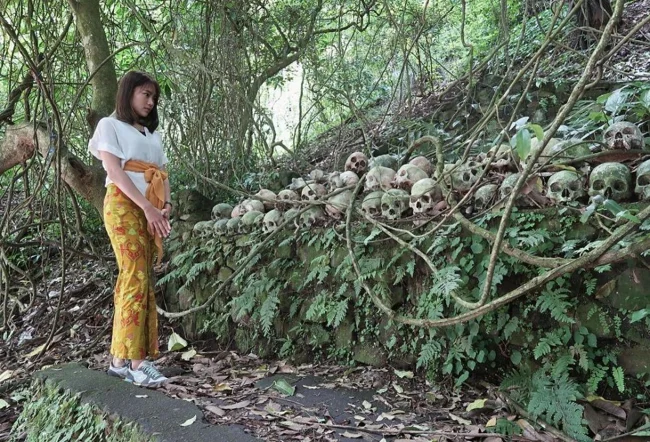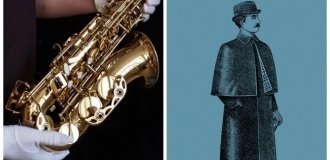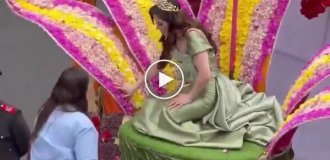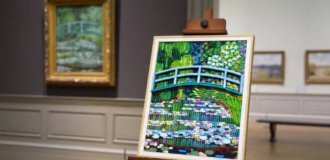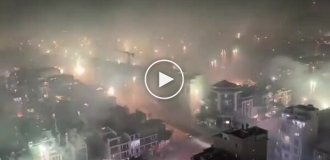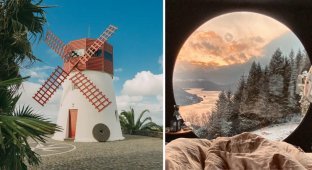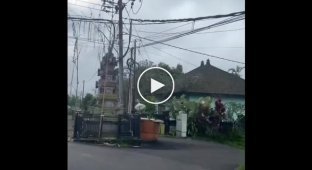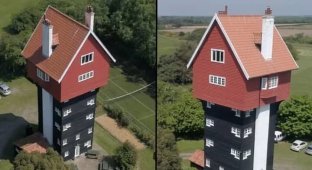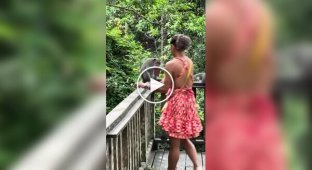Strange burial customs and traditions of the village of Trunyan (8 photos)
On the eastern shore of Lake Batur on the island of Bali, Indonesia, lies the village of Trunyan, home to the culturally isolated Bali-Aga people. Living in relative isolation among the mountains, the people have managed to retain several elements of their Austronesian heritage, evident in their architectural style and cultural practices. Among these, burial rituals are particularly prominent. 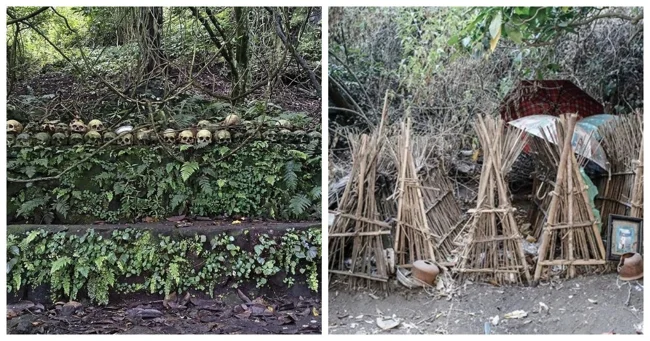
In Trunyan, the bodies of the dead are not buried or cremated. Instead, they are left in the forest to decompose. Unlike the Zoroastrians, who also display their dead for all to see to be eaten by carrion birds such as vultures, kites and crows, the people of Bali Aga take care to protect their dead from such desecration by covering them with bamboo cages. Once the flesh has decomposed, the skull and other bones are removed and placed on a stone platform nearby to make room for new bodies. 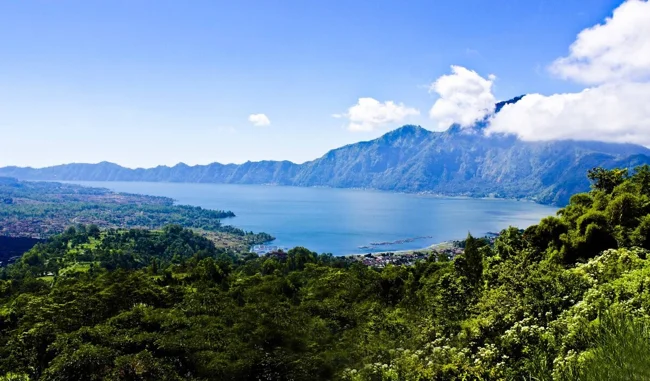
Lake Batur
Intrepid travelers who have visited the cemeteries of this remote community have often expressed surprise at the lack of a smell of decomposition. The absence of odor is attributed to the presence of an old banyan tree called Menyan Taru, or "fragrant tree," which is said to mask the smell of decay with its sweet aroma. 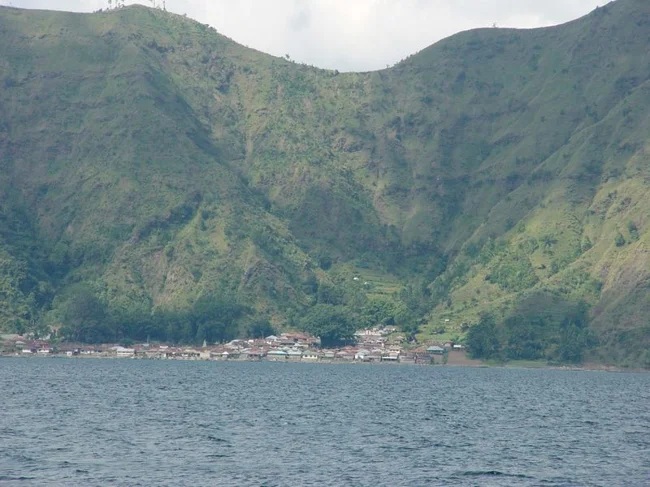
Trunyan Village
However, visitors to Trunyan Cemetery often claim that the tree does not emit such a scent. The lack of odor from the corpses remains something of a mystery. 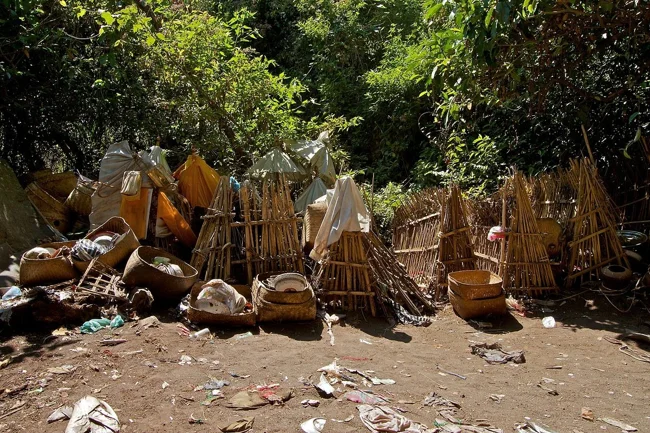
There are three such cemeteries in the area around the village of Trunyan, but only one of them is usually open to tourists. This is a "regular" cemetery, which is only for people who died a natural death. Those who died in an accident or suicide are not allowed to be buried here, they are buried elsewhere. In addition, children are not allowed in this cemetery. 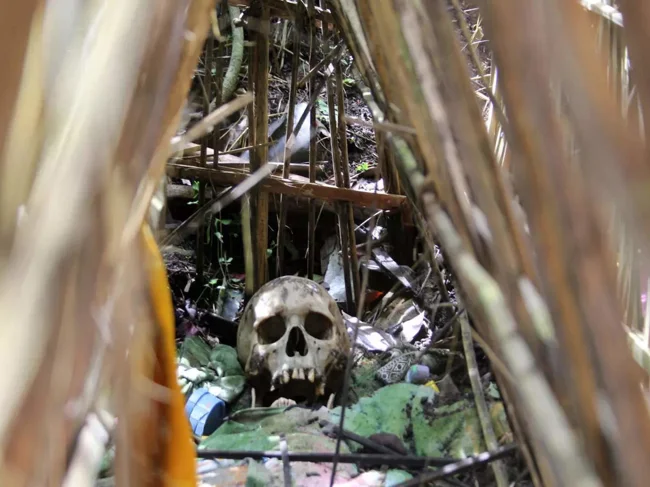
According to local lore, the people of Bali Aga treat their dead this way to avoid angering the volcano near which the settlement is located. To appease the volcano, which is associated with the Hindu god Brahma, Trunyan has a temple with eleven pagodas, corresponding to the eleven palm and bamboo cages in the cemetery. 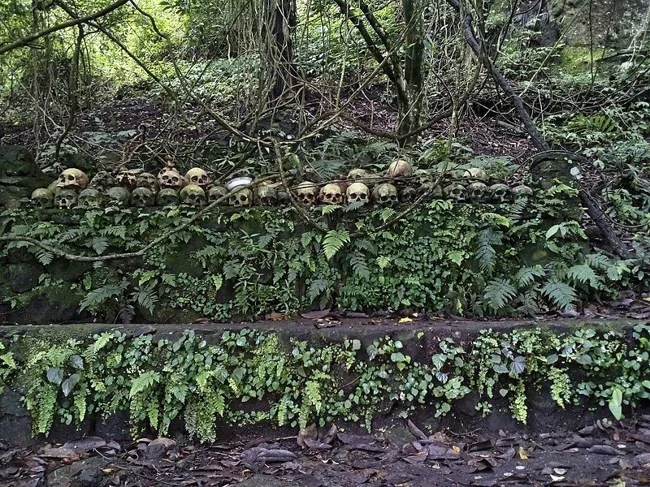
When they are full, the oldest one is taken out and the remains are scattered on the cemetery grounds. 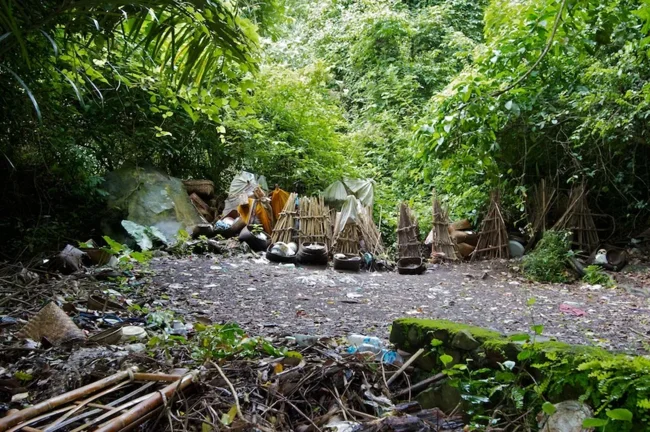
Since burials only take place on auspicious days and the family has to save money for the funeral, some corpses are left at home for days or even weeks before they are buried. To prevent the corpses from spoiling during the long wait, villagers use formaldehyde, which may partly explain why these bodies do not smell. 